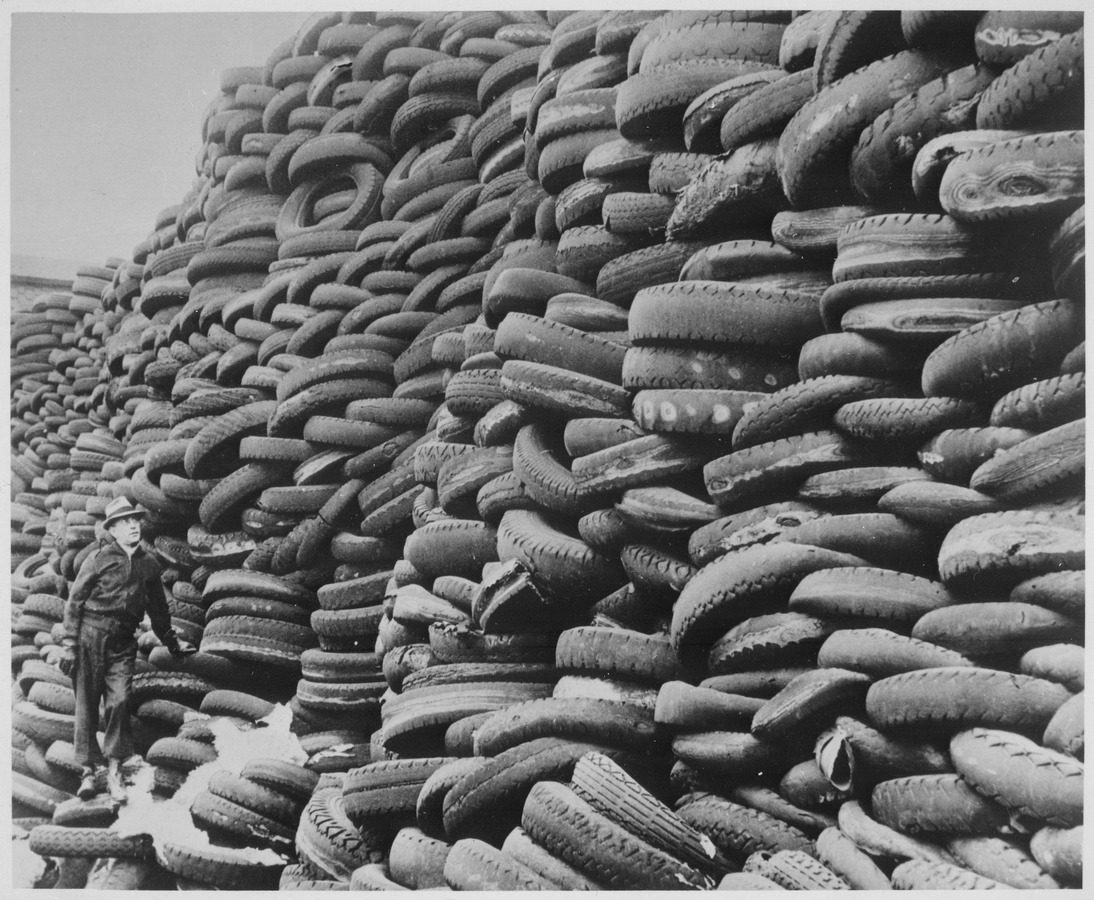From Susannah Locke’s Vox primer about synthetic biology, which could be both really great and really messy, a few potential uses of these new cellular designs:
“Medicine: Synthetic biology might one day let scientists program cells to precisely detect and kill cancer cells. Or perhaps program cells to self-assemble into spare organs for transplants. Some scientists are already using partially synthetic organisms to manufacture drugs that are otherwise impractical to make.
Food and fragrances: In theory, new techniques could allow researchers to design yeast to make the perfect beer or wine. Or create food in the lab more efficiently than growing it on land. ‘We can design better and healthier proteins than we get from nature,’ biologist and entrepreneur Craig Venter told the New York Times.
Already, synthetic biology companies are selling orange and grapefruit flavorings produced by yeast. And the company Evolva makes yeast-generated artificial vanilla flavoring and is working on better tasting sugar substitutes.
Energy and environment: Another possibility is that synthetic biologists could program cells to produce usable fuel. For example, Exxon Mobile has a partnership with Synthetic Genomics (co-founded by Craig Venter) to research fuel from algae. Ideally, helpful organisms would eat things we don’t need, like non-edible plant matter. Even more ideally, they’d eat the extra carbon dioxide in the atmosphere that’s warming the planet. Or toxic waste or oil from oil spills.
The weird stuff: How about some microbes that live on your skin to prevent you from getting oily and smelly? How about some other ones that secrete the perfume of your choice? How about some that quickly break down cholesterol so it won’t clog people’s arteries?”
Tags: Susannah Locke

